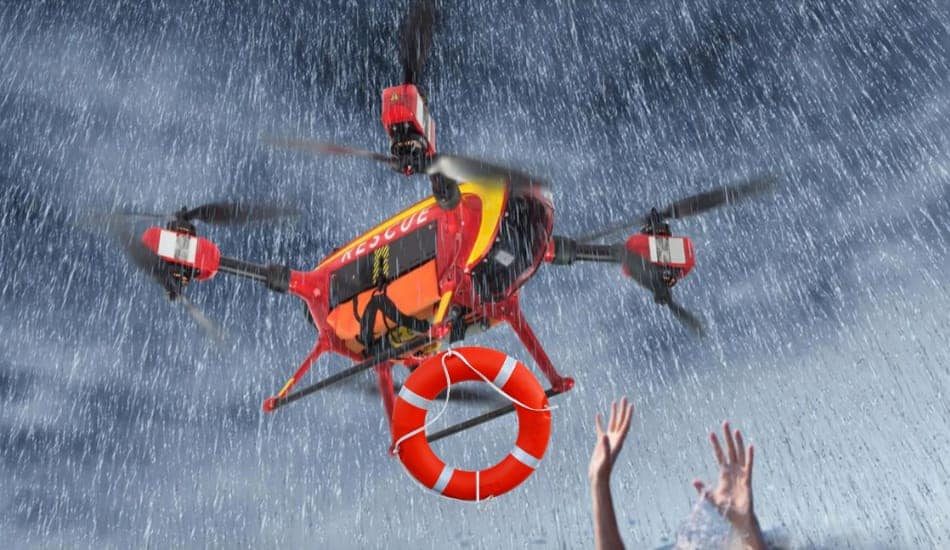 Source: bing.com
Source: bing.comNatural disasters are inevitable and can strike anytime, anywhere. From hurricanes to earthquakes and wildfires, these calamities can cause significant damage to life and property. The aftermath of a disaster is often challenging, and it can take days, weeks, or even months for relief operations to reach the affected areas. However, with the advancements in technology, drones have emerged as a game-changer in disaster response and relief operations.
Real-time assessment of the disaster situation
 Source: bing.com
Source: bing.comDrones equipped with high-definition cameras can provide real-time aerial footage of the disaster-affected area. This footage can be used to assess the severity of the situation, identify the areas that need immediate attention, and plan the rescue and relief operations accordingly. This saves a lot of time and resources, as the responders can quickly reach the affected areas and provide timely assistance.
Search and rescue operations
 Source: bing.com
Source: bing.comDrones can be used for search and rescue operations in disaster-affected areas, where it might be difficult or dangerous for humans to enter. They can fly over the affected areas, search for survivors, and send real-time footage to the rescue teams. This helps in identifying the survivors’ exact location and providing timely assistance, reducing the risk of casualties.
Delivery of aid and supplies
 Source: bing.com
Source: bing.comDrones can be used to deliver aid and supplies to disaster-affected areas, especially in areas that are difficult to reach. They can carry essential supplies such as food, water, and medicine to the affected areas, reducing the time and resources required for transportation. This ensures timely delivery of aid and supplies to the affected people, saving lives.
Assessment of infrastructure damage
 Source: bing.com
Source: bing.comDrones can be used to assess the damage caused to infrastructure such as roads, bridges, and buildings in disaster-affected areas. They can provide real-time footage of the affected areas, helping the authorities to assess the damage and plan the reconstruction work. This helps in the quick restoration of essential services and infrastructure, ensuring the affected people’s safety and well-being.
Cost-effective and efficient
 Source: bing.com
Source: bing.comUsing drones for disaster response and relief operations is cost-effective and efficient. Drones can cover large areas quickly, reducing the time and resources required for traditional methods such as ground surveys and aerial surveys. This saves a lot of money and resources, enabling the authorities to allocate resources to other essential services.
Conclusion
Drones have emerged as a powerful tool in disaster response and relief operations. They provide real-time footage of the affected areas, assist in search and rescue operations, deliver aid and supplies to the affected people, assess the damage caused to infrastructure, and are cost-effective and efficient. As technology advances, drones will become an indispensable tool in responding to natural disasters, helping us save lives and rebuild communities.